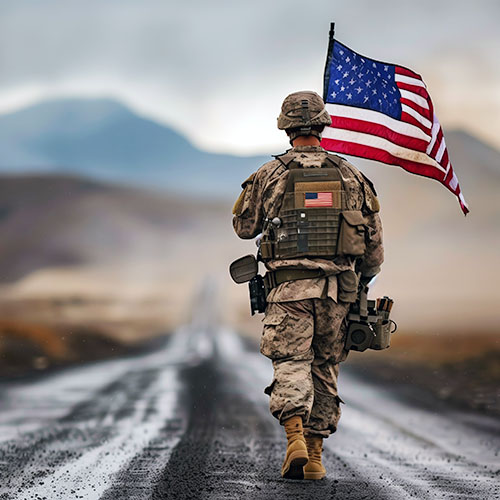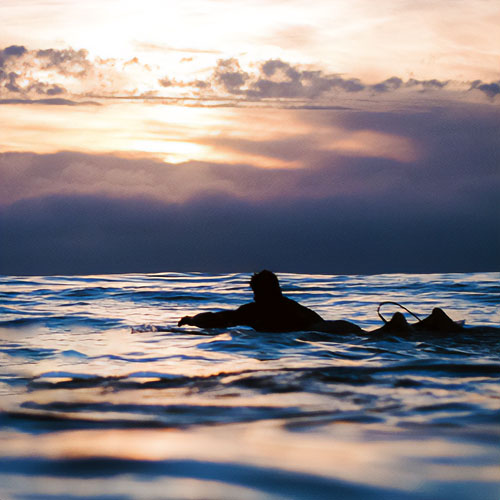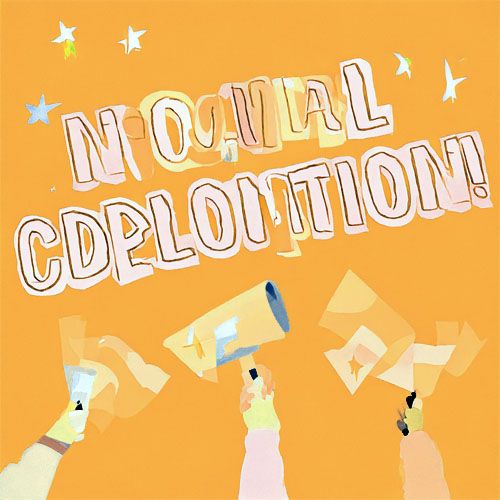Soldiers and mood-altering substances have a long history. But what about cannabis as a way to help veterans back home?
You Can’t Unring a Bell
From the ancient Greeks’ use of poppy juice to the Napoleonic armies bringing hashish back to Europe from Egypt, soldiers have been getting fucked up for a long, long time.
Sometimes the drugs (and drinks) were meant to boost ferocity — the colonial British navy and their “Dutch courage” of rum, say, or the Nazis’ pioneering use of amphetamines. A drugs-and-combat overlap can also be found in the British powers slipping dashes of cocaine into their Tommies’ rum portions during World War I, and the deployment of child soldiers high on drugs in Sierra Leone at the turn of our own century.
Self-medicating has played its own understandable role, with soldiers in war and wounded or traumatized veterans back home turning to drugs or alcohol when their prescriptions, treatment, and surgeries have proved lacking. The stress and physical damage of war have always pushed soldiers and ex-soldiers to find ways of soothing mind and body.
On the other end of the spectrum from substances meant to calm and relieve pain are stimulants intended to raise vigilance and ward off fatigue. Think of the American pilots during the Cold War monitoring the skies wired on “pep pills,” otherwise known as speed. Or the legions of Americans who have fought the twenty-first-century terror wars swearing by legal and illegal energy drinks — caffeine-laced Rip It, Boom Boom, and Wild Tiger, a Middle Eastern product, among the legit favorites.
Patrolling Iraqi highways for 40 hours at a time, hopped up on liquid nicotine, may not be as flashy as stories of whiskey ragers in trenches or heroin binges in the jungle, but the short-term effects were still interesting. And now there’s concern about the long term: A recent study suggests a link between excessive energy-drink use in combat zones and post-traumatic stress.
As for marijuana — aka weed, dope, reefer, pot, Mary Jane, ganja, and the list goes on — it’s woven into firsthand accounts of the Vietnam War. On the pop-culture front, the drug makes an especially vivid appearance in Oliver Stone’s acclaimed 1986 feature film Platoon.
When Charlie Sheen’s Chris Taylor, newly arrived in-country, enters the haze-filled “underworld” tent and parties with experienced soldiers, he (and we, the viewers) accepts weed-smoking as the norm for American soldiers in ’Nam. And the scene is not without justification. According to author Lukasz Kamienski’s Shooting Up: A Short History of Drugs and War, nearly 70 percent of American servicemembers reported using marijuana during their time in Vietnam (with a striking 34 percent reporting heroin use).
Fifty years after this Southeast Asia conflict, active-duty soldiers and servicemembers aren’t similarly blazing up — at least not in such mass numbers. Even if the collective urge to partake was the same, advancements in drug screenings, and the military’s steady use of those screenings, would make it impossible.
But it’s a different story when it comes to post-service veterans, particularly younger ones.
According to the nonprofit Iraq and Afghanistan Veterans of America (IAVA), one in five of its members reported using medical marijuana. And over 80 percent of IAVA members support the legalization of cannabis for healthcare purposes, suggesting a big generational shift in the acceptance of marijuana being used as treatment.
Much like American society itself, the Department of Veterans Affairs finds itself in a tricky position with regard to marijuana. According to Pacific Standard magazine, “VA doctors are allowed to discuss cannabis use with veterans and tailor VA-prescribed medications to their cannabis use, but they cannot recommend or direct a veteran’s use of cannabis.”
They can’t even do this in states where cannabis is legal, because the VA has to follow federal law. So until Uncle Sam changes, the VA can’t join this widespread evolution in attitudes toward marijuana use.
One of the soldiers from my old scout platoon knows all about this bind. Thirty-two-year-old Philippe Dumè of Trenton, New Jersey, put it this way in an email:
“As a combat veteran on medicinal marijuana, it’s still somewhat of an obstacle where and if I want to use my medical marijuana card…. In the VA, there’s no such program [for this], because cannabis is still considered a Schedule I drug. In my opinion, I think that cannabis should be considered as an alternative medicine in the VA. It really does help out with the side effects.”
Dumè proved himself worthy in combat — trust me, I was there — as an able and devoted infantryman. (Longtime readers may know him better as Specialist Haitian Sensation from the Kaboom days.) Now he’s proving himself worthy as a veterans’ advocate. Dumè is part of an advocacy group called Black Cannabis that “seeks to provide opportunity for those who have been unrepresented in the legal cannabis industry” — specifically minorities, women, LGBTQ, and felons.
Until I talked with Dumè about Black Cannabis, I hadn’t really given much thought to how quickly legal marijuana has become corporatized, or how access to it predictably benefits the already privileged. So I’m proud of him and how he’s using his combat bona fides here, because, as his organization says, “For generations the War on Drugs has devastated communities of color.”
That’s unequivocally true. And for these communities to get a piece of the weed-business pie seems not only right, but fundamental to American values and progress. This is the land of opportunity, after all.
Dumè is part of a new generation of military veterans, one that’s not hiding away their war demons from the rest of society. It’s a generation that’s not ashamed to say, “Hey, this stuff helps and I don’t care who knows it.” And America’s recognizing that.
One California-based cannabis company, Flower Co., offers a steep discount for military veterans, which cracks me up. It’s smart business and allows the company to wave the flag and support the troops. America’s gonna America, one way or another, I guess.
Now it’s high time (sorry, couldn’t help myself) for the federal government to catch up with its citizens and the private sector. Until it does, vets like Dumè and his colleagues in Black Cannabis will have to man the gap.



















